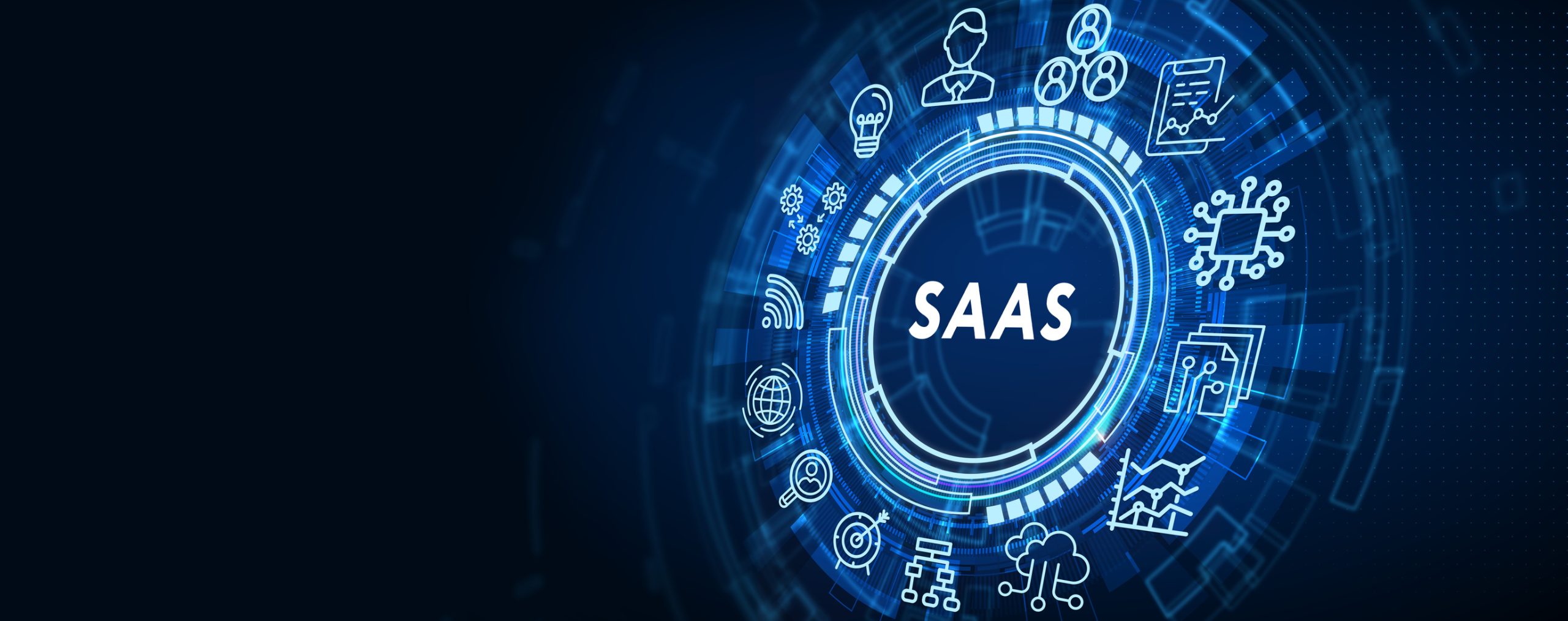When you meet Draven McConville, it doesn’t take long before you realise you are dealing with someone that really is different. The founder of field service management platform Klipboard, which was acquired by Kerridge Commercial Systems (KCS) in 2024, has a background that defies the typical tech startup narrative. Starting with just £200 and a bus ticket, McConville experienced homelessness before building a SaaS company successful enough to attract international acquisition interest.
His journey from street to boardroom has given him a unique perspective on resilience, opportunity, and the rapidly evolving technological landscape, particularly as artificial intelligence reshapes the very industry he benefited so much from.
The Unlikely Tech Founder
"When you've been homeless, you develop a different relationship with risk," McConville tells us. "Failure, rejection, financial insecurity, and all the conventional fears that hold many people back, take on a different meaning when you've already faced them in their most extreme forms."
This perspective served McConville well as he built Klipboard, a platform that helps field service businesses manage jobs, scheduling, and communication. Starting the company required him to overcome not only the usual challenges of entrepreneurship but also the invisible barriers faced by those without traditional credentials or networks.
"I didn't come from money. I didn't have the right accent. What I did have was persistence and a willingness to learn quickly," he explains. "I taught myself to code, to sell, to manage people, whatever the business needed."
This adaptability would later become a cornerstone of his business philosophy as he navigated the rapidly changing technology landscape.
Building Through Technological Shifts
During Klipboard's growth phase, McConville witnessed firsthand how waves of technological change transformed the SaaS industry. Cloud computing, mobile-first development, and API ecosystems all created both opportunities and threats. But none, he believes, compare to what’s coming with artificial intelligence.
"AI is fundamentally different from previous technological shifts," McConville explains. "Earlier changes like mobile or cloud were about how software was delivered. AI changes how software is created, what it can do, and even who can build it."
This democratization of software development through AI-assisted coding tools represents both a threat and an opportunity for established SaaS companies. McConville recognized this early, making strategic decisions that would position Klipboard for success despite increasing competition.
"We saw that AI would lower the barrier to entry in our space. Traditional competitive advantages like feature sets would become easier to replicate. So we focused on things AI couldn't easily replace, deep domain expertise, customer relationships, and brand trust."
Leading Through Uncertainty
McConville's leadership approach evolved as Klipboard grew, but certain principles remained constant.
"When you've had to hustle to survive, you develop an instinct for distinguishing what truly matters from what doesn't," he says. "That's invaluable when you're leading a company through periods of rapid change."
This ability to focus on fundamentals while navigating technological disruption became particularly important as AI began to reshape the competitive landscape. While many SaaS companies scrambled to add AI features or pivot their positioning, McConville maintained a steady course focused on customer outcomes.
"We didn't panic about AI or blockchain or any other emerging technology. We asked: How does this help our customers achieve their goals? If it did, we incorporated it. If it didn't, we didn't get distracted."
This clarity of purpose helped Klipboard maintain its growth trajectory even as the SaaS landscape became more competitive, ultimately making it an attractive acquisition target.
The Next Chapter: Acquisition and Beyond
McConville’s strategy paid off in July 2024 when Klipboard was acquired for an undisclosed sum by Kerridge Commercial Systems (KCS), a worldwide leader in ERP and business management software. The acquisition was a validation of his approach to building a resilient business amid technological disruption.
"The acquisition wasn't just about our technology stack or customer base," McConville notes. "It was about the team we'd built, our understanding of the field service market, and our ability to adapt to changing conditions. Those assets remain valuable regardless of how AI or other technologies evolve."
"AI has the potential to be either the great equalizer or the great divider," he says. "It can lower barriers to entry and allow talented individuals from any background to build meaningful products. Or it can concentrate power in the hands of those who already have resources and access. Which outcome we get depends on the choices we make as an industry."
To contact Draven or for more information on him, visit his website at dravenmcconville.com.














